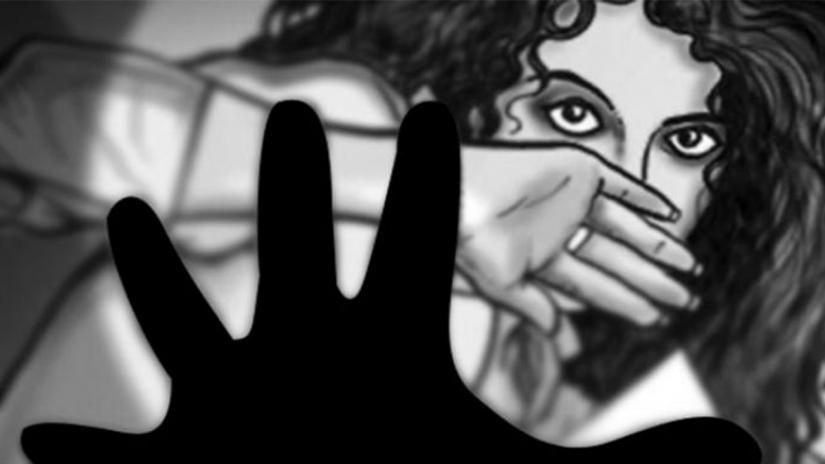 A girl called Sahana was violated by her house tutor when she was in class eight and though the tutor silenced her with threats, she later told her sister. Soon the whole family came to know of the incident. Her father lodged a case but since the medical test was not done on time, the legal process couldn’t go far and fearing social stigma, the procedure was dropped altogether.
A girl called Sahana was violated by her house tutor when she was in class eight and though the tutor silenced her with threats, she later told her sister. Soon the whole family came to know of the incident. Her father lodged a case but since the medical test was not done on time, the legal process couldn’t go far and fearing social stigma, the procedure was dropped altogether.
This is just one of a thousand cases and human rights workers plus doctors say that many cases become emasculated as they are dropped fearing social embarrassment.
Lawyers say that since much time is spent on reaching a conciliation, medical tests are delayed and proving a crime becomes tough.
“Usually during trial, the victim has to give proof of violation; it’s time we have a system in which the alleged criminal has to give proof of innocence.”
Home minister, Asaduzzaman Khan, informed during a parliamentary session in February 2018 that from January 2014 till December 2017, as many as 17,289 rape cases were lodged and the number of victims is 17,389.
During this time, 3430 cases were resolved, 17 persons were given death sentence, 80 life imprisonment and 576 handed an assortment of punishments, said the minister.
Executive director of Women Lawyers’ Association, Salma Ali, says: “For a variety of reasons, 97 percent rape criminals get release and influential people use their clout to force a compromise on the victim’s family.”
Lawyers also say that due to negligence, the cases flounder and if medical tests are not done on time, proving rape becomes difficult.
Member of National Women Lawyers’ Association, Dilruba Sharmin, says: “The process to weaken the case begins early on by delaying medical tests and wasting of time in the accumulation of evidence.”
Consequently, the rate of punishment is low.


